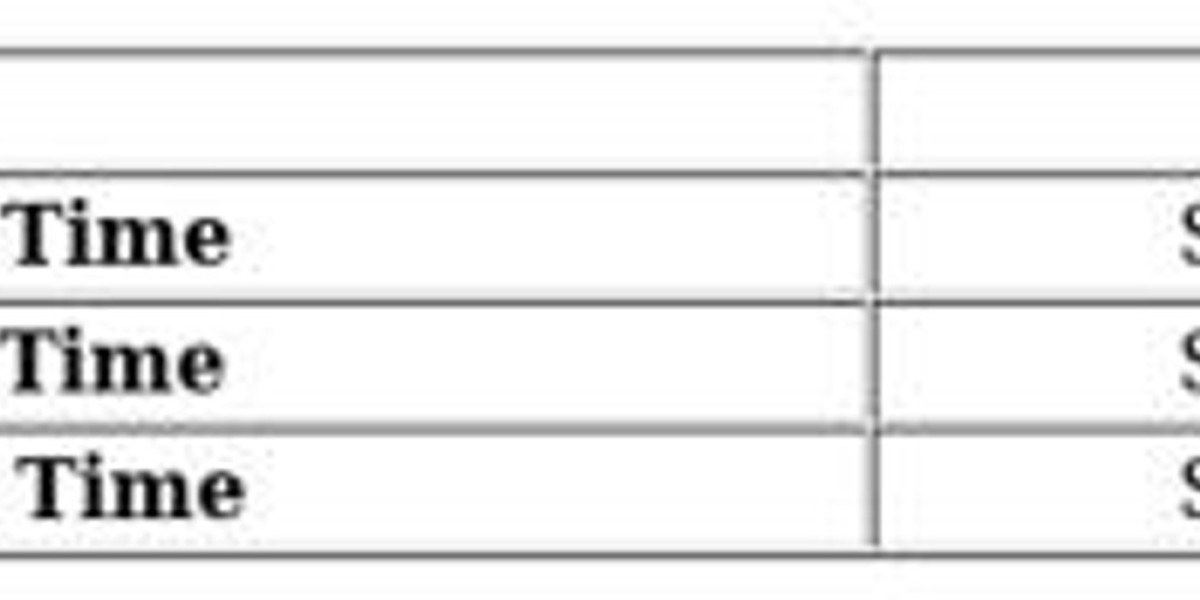Chemistry is often perceived as a challenging subject due to its complex theories, abstract concepts, and intricate problem-solving requirements. However, the real issue lies not necessarily in the subject itself but in the way it’s taught. Traditional, one-size-fits-all teaching methods can leave many students confused and disengaged. Tailored lessons, on the other hand, provide a personalized approach that adapts to individual learning styles, speeds, and interests — and this makes all the difference.
Imagine a student struggling with chemical bonding while others in the class have already moved on to thermodynamics. In a traditional classroom, this student may fall further behind. But with customized instruction, they receive focused attention on what they need most. Whether it’s through interactive lab work, one-on-one tutoring, or organic chemistry lessons designed to align with their learning preferences, tailored lessons can dramatically improve comprehension and retention.
Key Points
Tailored lessons align with individual learning styles and abilities.
They enable deeper understanding by focusing on specific student weaknesses.
Customized instruction increases engagement and motivation.
Technology and data analytics make personalization more accessible than ever.
Personalized learning fosters critical thinking and long-term retention.
Understanding the Challenges of Learning Chemistry
Chemistry combines conceptual reasoning with mathematical application, making it a unique challenge for many learners. Students must not only memorize facts but also understand abstract ideas like molecular orbitals, stoichiometry, and periodic trends. Additionally, the cumulative nature of the subject means that misunderstandings in earlier topics can hinder progress in more advanced areas.
Common Barriers Students Face:
Abstract Concepts: Ideas like electron configuration and hybridization can be hard to visualize without proper context or tools.
Lack of Foundation: Chemistry builds upon itself. Weak algebra skills or misunderstood introductory topics like atomic structure can derail progress.
Insufficient Engagement: Standard lectures may fail to capture students' attention, especially if the content feels irrelevant or too difficult.
Overloaded Curriculum: Teachers often have to rush through topics to meet curriculum deadlines, leaving little room for personalized instruction.
What Are Tailored Lessons?
Tailored lessons, also known as personalized or differentiated instruction, are educational strategies that adapt learning experiences to fit the unique needs of individual students. This approach considers factors like prior knowledge, learning speed, preferred learning style (visual, auditory, kinesthetic), and specific academic goals.
In the context of chemistry, tailored lessons may involve:
Interactive simulations to visualize complex reactions
Hands-on experiments to reinforce theoretical concepts
Customized problem sets that focus on a student's weak areas
Individual or small-group tutoring sessions
Integration of real-world examples relevant to a student's interests
Benefits of Tailored Chemistry Lessons
1. Enhanced Understanding Through Individual Focus
When a lesson is personalized, it targets a learner's specific needs. A student struggling with acid-base reactions, for example, can receive focused exercises and explanations until they achieve mastery. This prevents confusion from compounding and helps build confidence.
2. Improved Engagement and Motivation
Tailored instruction often incorporates methods and materials that are more engaging to the individual student. By using topics that interest them — such as environmental chemistry or biotechnology — the lessons feel more relevant and exciting, increasing student motivation.
3. Better Retention of Complex Concepts
When students actively participate in shaping their learning experiences, they tend to retain information longer. For instance, using real-life case studies to understand equilibrium or kinetics makes the concepts more memorable and applicable.
4. Development of Critical Thinking Skills
Because tailored lessons usually involve problem-solving tailored to the learner's level, they nurture analytical thinking. Students are encouraged to explore ""why"" and ""how"" rather than just memorizing facts. This depth of understanding is crucial for mastering chemistry.
5. Increased Academic Performance
Numerous studies have shown that students who receive personalized instruction perform better on assessments, both standardized and classroom-based. This is particularly true in subjects like chemistry that require cumulative learning and analytical skill development.
The Role of Technology in Personalizing Chemistry Lessons
Modern educational tools make it easier than ever to tailor lessons to individuals. Learning management systems (LMS), data analytics, and adaptive learning platforms can track student progress in real time and adjust content accordingly.
Examples of Technology-Enhanced Tailoring:
Virtual Labs: Allow students to experiment safely and repeatedly, adjusting variables to see outcomes in real time.
AI-Powered Tutors: Provide hints, feedback, and practice problems based on individual performance.
Analytics Dashboards: Help teachers identify which concepts students struggle with most and adjust instruction accordingly.
Gamified Learning: Uses competition and rewards to keep students engaged through apps and web platforms.
Practical Example: Tailoring Lessons for Organic Chemistry
Organic chemistry is often one of the most intimidating topics for students due to its vast content and the need to understand molecular structures and mechanisms. Tailored lessons in this area are particularly impactful.
For instance, some students may grasp substitution and elimination reactions quickly, while others struggle with stereochemistry. A personalized curriculum can offer additional visual aids like 3D molecular models, interactive quizzes, and specific organic chemistry lessons that break down the material into digestible modules. This kind of focused approach ensures that each student receives the help they need, exactly when they need it.
Tailored Lessons in Action: Real-World Success Stories
Case Study 1: High School Chemistry Class
A high school in Illinois implemented tailored lessons using a blended learning model. Students took diagnostic tests to determine their strengths and weaknesses. Based on the data, each student received a custom learning path. Within a semester, test scores improved by an average of 22%, and students reported higher satisfaction with the subject.
Case Study 2: College Organic Chemistry Course
At a major university, professors integrated personalized learning modules into their organic chemistry curriculum. These included self-paced video lectures, interactive problem-solving exercises, and one-on-one tutoring. The pass rate for the course jumped from 64% to 85% in just one academic year.
How Teachers and Parents Can Support Personalized Learning
Teachers play a crucial role in implementing tailored lessons. By observing student behavior, using assessment data, and maintaining open communication, they can adapt lesson plans effectively. Parents can support by reinforcing these strategies at home and encouraging curiosity and persistence in their children.
Tips for Teachers:
Use formative assessments frequently to guide instruction.
Incorporate different types of media (videos, models, simulations).
Offer flexible pathways for assignments and projects.
Create individualized learning plans for students who need extra help.
Tips for Parents:
Check in on your child’s understanding regularly.
Provide a quiet, supportive environment for studying.
Encourage the use of supplemental resources that align with their learning style.
Communicate with teachers to stay informed about progress and needs.
Conclusion
Chemistry doesn’t have to be a mystery. With tailored lessons, students can approach the subject with confidence and curiosity rather than fear and frustration. By focusing on the individual — their strengths, weaknesses, and interests — educators can unlock the full potential of every learner. Personalized instruction not only enhances academic performance but also fosters a lifelong love of science that goes far beyond the classroom.
FAQ
1. What are tailored lessons in chemistry?
Tailored lessons are instruction methods customized to match an individual student’s learning style, pace, and needs. In chemistry, this may mean using visual aids, hands-on experiments, or customized assignments to better explain complex concepts.
2. How does personalized learning improve chemistry understanding?
Personalized learning allows students to focus on topics they find challenging, use resources that match their learning preferences, and progress at their own pace. This leads to deeper understanding and better retention of material.
3. Are tailored lessons only for struggling students?
No, tailored lessons benefit all students. Advanced learners can explore more complex topics or apply their knowledge in novel ways, while others get the support they need to catch up or reinforce foundational concepts.
4. Can technology assist in tailoring chemistry lessons?
Yes. Tools like adaptive learning platforms, virtual labs, and AI tutors can dynamically adjust content based on a student’s progress, making it easier to personalize instruction on a large scale.
5. Where can I find tailored organic chemistry resources?
Many educational websites and platforms offer tailored content. Sites that specialize in organic chemistry lessons often provide modular, interactive, and student-focused materials that are ideal for customized learning.







